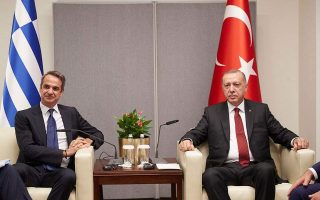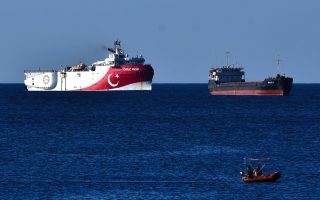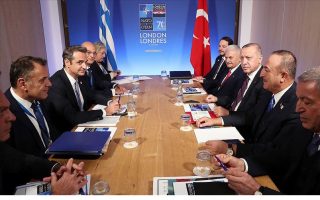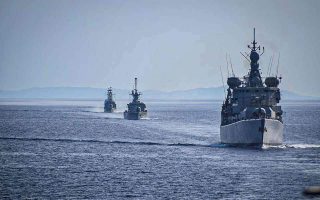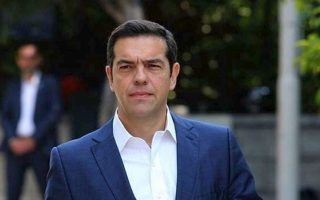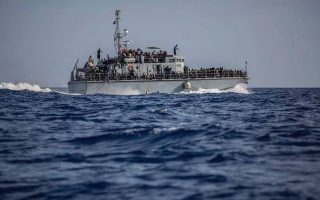Georgia in pursuit of peace and stability
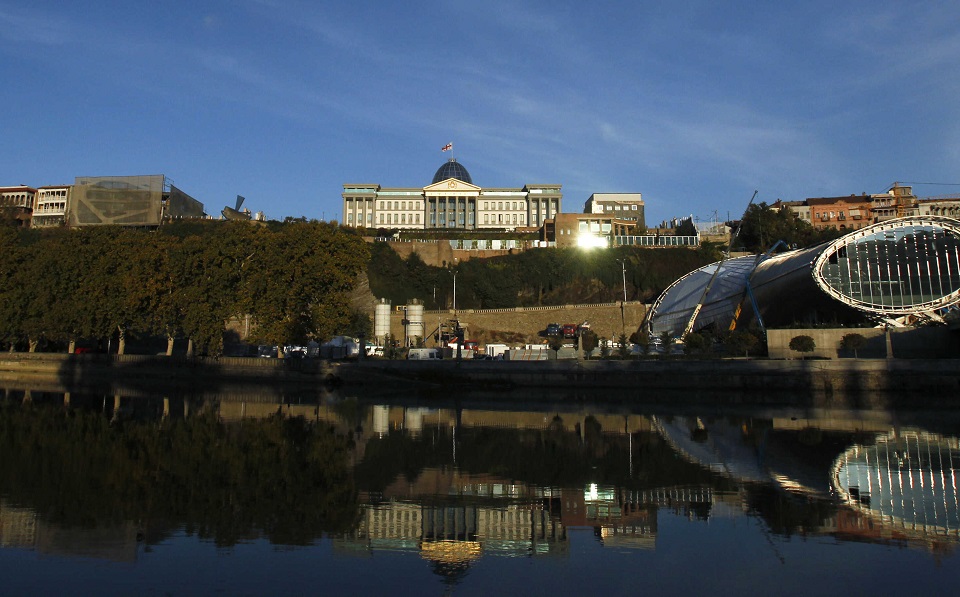
Twelve years ago, Russia dealt a blow to the rules-based international order by launching military aggression against Georgia. The 2008 Russia-Georgia war has left a longstanding imprint on international security and turned the perspective of peace and stability in Europe upside-down. Russia’s forcible attempt to redraw borders in Europe and the illegal occupation of two Georgian regions, Abkhazia and Tskhinvali/South Ossetia, established a dangerous precedent. The illegal annexation of Crimea six years later showed that Georgia was not an isolated case.
Following the occupation and so-called recognition of “independence” of two Georgian territories, Russia advanced in its unconventional warfare. The steps toward the factual annexation of the Abkhazia and Tskhinvali regions, ethnic discrimination against Georgians, illegal detentions as well as other explicit side effects of occupation are part of the Kremlin’s intensified hybrid strategy.
The year 2020 has been full of challenges for our planet. Almost everything at the top of the international agenda was set aside to concentrate on fighting the spread of the coronavirus. When Georgia and the entire world were most vulnerable, Russia stepped up its hybrid tactics, including aggressive media propaganda. One of the laboratories of Georgia’s National Center for Disease Control and Public Health – the one that has been critical in Georgia’s effective response to the spread of the coronavirus – came under major fire from the Russian disinformation campaign. It was aimed at hurting Georgian efforts to fight the Covid-19 pandemic. By devising fictional accusations, Russia is desperately aiming to shift the focus away from its illegal activities and preparing the ground for the annexation of Georgia’s indivisible territories.
Disinformation, however, has been only a part of Russia’s hybrid strategy. During the pandemic, Moscow further activated so-called “borderization” that has massively increased tensions on the ground and put pressure on the Georgian government as well as the local population. One of the goals of the Russian hybrid methods should be considered the impact on human security, with humanitarian and human rights now in a critical state in both regions. We have witnessed a striking deterioration since 2008, with a more aggressive policy of ethnic discrimination and violations of fundamental human rights. The conflict-affected people have been struggling under unbearable conditions that have resulted from restrictions on freedom of movement, deprivation of life, torture and ill-treatment, a ban on education in the native language, and a policy of ethnic cleansing. The process of fortifying the occupation line, setting up barbed wire and other artificial barriers in the heart of Georgia, affecting almost all of the villages along the occupation line, led to the loss of access to houses, land, property and graveyards for the conflict-affected people.
Despite all the challenges, Georgia is determined to further pursue its peaceful conflict resolution policy. The government is sparing no efforts to use the available diplomatic tools effectively, and remains in full compliance with the EU-mediated August 12, 2008 Ceasefire Agreement.
We are doing our utmost to facilitate substantial negotiations in the Geneva International Discussions – a unique and inclusive format for talks between Georgia and Russia co-chaired by the European Union, United Nations and Organization for Security and Cooperation and with the participation of the United States – to address the outstanding challenges stemming from the 2008 war. For the last 12 years tremendous efforts have been made to achieve progress on the issues of non-use of force, establishment of international security arrangements in the Abkhazia and Tskhinvali regions aimed at providing security and stability on the ground, and the safe and dignified return of internally displaced people and refugees. Unfortunately, Russia has shown no willingness to engage in meaningful discussions and is neglecting its obligations under the EU-mediated August 12, 2008 Ceasefire Agreement.
In parallel with the policy of de-occupation and dialogue with Russia, engagement and confidence building with the people on the other side of the divide have remained one of our top priorities. In this light, the government has introduced a new peace initiative titled “A Step to a Better Future,” with the aim of improving the humanitarian and socioeconomic conditions of citizens locked in occupied territories and fostering people-to-people contacts, interaction and confidence building between the divided communities.
Although the scope of Russia’s provocations in the country is increasing every year, Georgia is further advancing along the path of consolidation of democracy and integration in the EU and NATO, along with its unwavering peaceful conflict resolution policy. We are grateful to our international partners, and Greece in particular, without whose support all these achievements would never could have been attainable.
But still, the Russia-Georgia conflict requires the ever-increasing and immediate attention of the international community, otherwise the security challenges might become insurmountable. Europe’s response needs to be stronger and more unified. It is crucial that the EU devises a common strategy which prioritizes security in the whole region, and implements a proactive policy to restrain Russia’s destructive actions that are tormenting Georgia, Ukraine and Moldova and are the reason for growing concern in other Eastern European countries. Russia needs to be sternly and continuously reminded that it has to comply with its international obligations, and that it is unacceptable to continue the destructive policy of undermining the sovereignty and territorial integrity of its neighbors.
Undeniably, Georgia is a role model of successful democratic transformation, economic development and progress in terms of European and Euro-Atlantic integration for the South Caucasus and the wider region. Hence, the success story of peaceful conflict resolution in Georgia could serve as a transformative power for the entire Eastern Partnership space and the wider Black Sea region.
David Dondua is Georgia’s ambassador to the Hellenic Republic.
